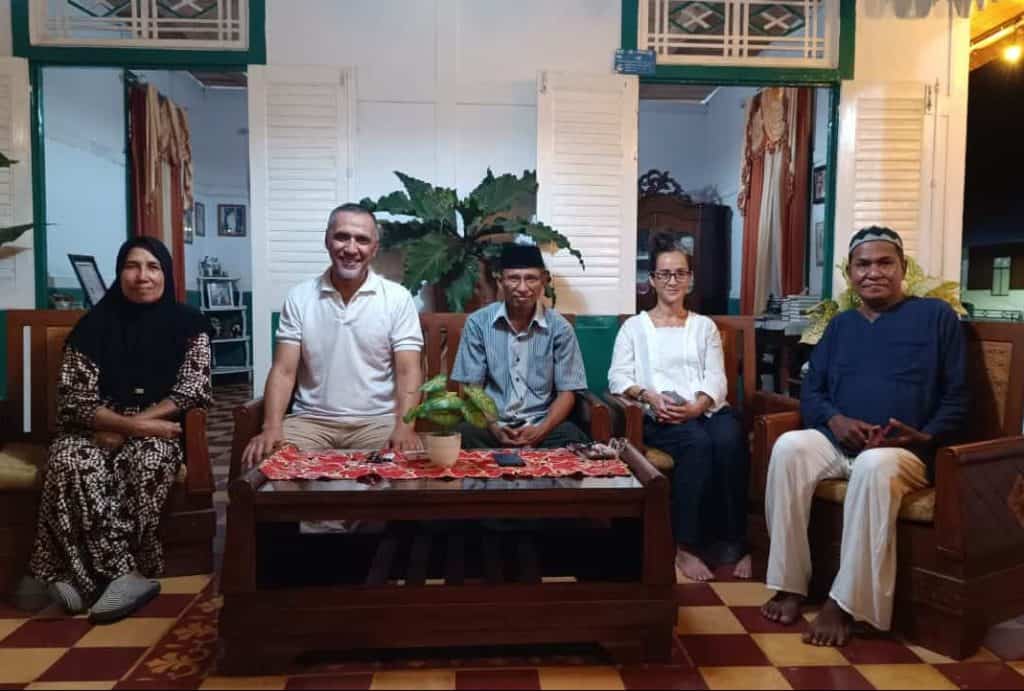
Indonesia has a remarkable collection of ancient wooden constructions that have miraculously survived to this day. Some architectural marvels, such as the Wapauwe mosque, dating back to the early modern period, represent a unique blend of Indic, Islamic, and Southeast Asian features, reflecting centuries of cultural and interfaith exchange along the Spice Trade Route. These architectural styles reflect ecumenism, as the carpentry techniques transcended religious boundaries and were shared by diverse communities.
Wooden mosques are among the oldest surviving Islamic structures in Southeast Asia. These mosques are fragile and vulnerable to many threats: fire, insect infestation, vandalism, and changing tastes. The Spice Islands, as Maluku is better known, have been the location of religious and ethnic conflict over the past three decades, as a result of which many traditional buildings, including mosques, have been destroyed.

Aliph project team with Mr Dody Wiranto (Head of BPK Ambon),
PI Helene Njoto, Co-PI Michael Feener and the documentary
production team.
Aliph, 28 Juli 2024. (photo: Ikrima Hatuwe)

The Raja of Kaitetu, his wife, Mr Ramly
with Aliph project co-PI Idham Setiadi and PI Helene Njoto.
(photo: Ikrima Hatuwe)
This irreplaceable cultural heritage is also rapidly disappearing due to a decline in knowledge of customary construction and maintenance techniques. The Galeri Kaitetu project aims to revive traditional woodworking and associated skills by providing the first Islamic heritage preservation and educational program in Southeast Asia. Through the Galeri Kaitetu, local master carpenters called the Tukang 12, further engage in transmitting their knowledge to apprentices from different religious and ethnic backgrounds, as well as the general public.
This collaborative project focuses on the well-preserved Wapauwe mosque as a case study to develop methods for safeguarding this heritage for future generations.